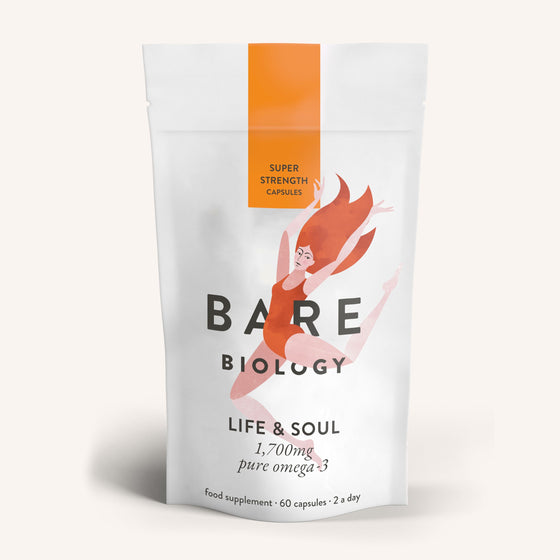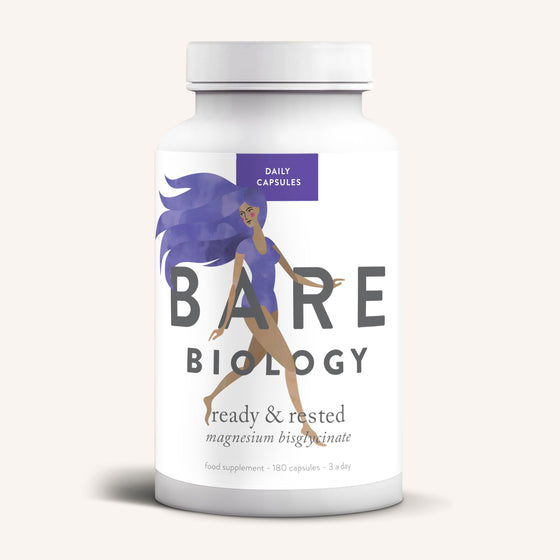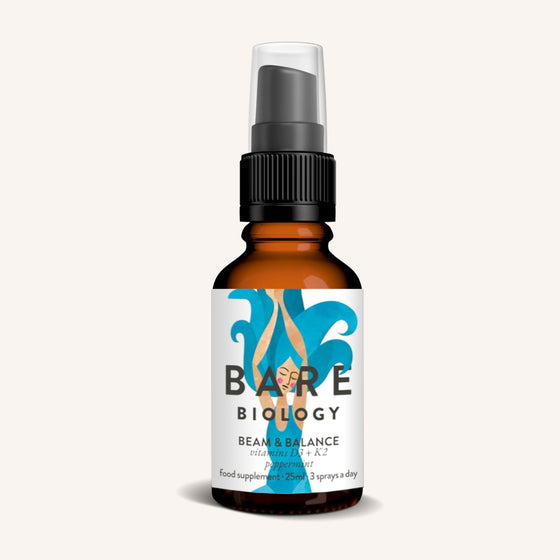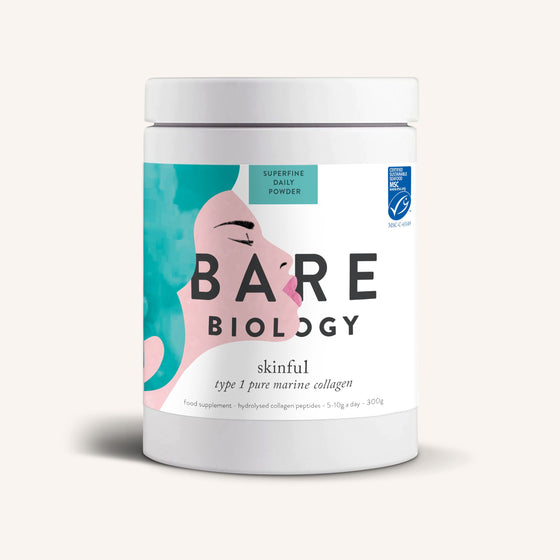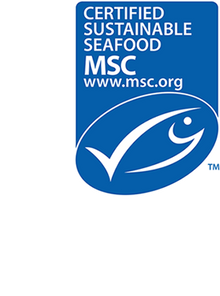Diabesity in kids and adults is sweeping the globe and the latest government statistics show that by 2050 half of the UK population will be obese. Alarming right?
So what is Diabesity? It’s a constellation of symptoms - obesity, high blood sugar, high blood pressure and elevated LDL cholesterol -the baddy, and low HDL cholesterol -the good stuff, fuelling inflammation and disease. Thankfully, the government’s introduction of sugar tax on drinks by 2018 will, by design, make the producers of sugary drinks more accountable for doubling our waistline and placing a heavy burden on our NHS system. Would you believe there are 7 teaspoons in just one can of a well-known fizzy drink? That’s more than double the recommended daily allowance. Raising awareness about the impact of fizzy pop on health has seen celebrity campaigns reach government benches, passing new laws - thank you Jamie Oliver! It’s a very exciting and pivotal step towards a healthier nation. The next punch we can swing as parents, care givers, and consumers is to stop buying the stuff, educate our children about what to drink and insist that manufacturers find healthier ways to market their products. Did you know sugar hits the same reward pathway in your brain as drugs, and is more addictive than cocaine?
Fizzy pop, flavoured milks, energy drinks and fruit juice are laden with sugar. Be warned, even the ones tapped as ‘healthy’ with pretty illustrations of fruit on the label are just as sugary. Educating your kids from an early age about excess sugar, and what it does to your entire body, not just teeth, helps to encourage healthier choices later in life. Eating too much sugar lowers immunity, wreaks havoc with blood sugar levels and dehydrates the body. If you’re wondering whether your kids have fallen prey to the harmful effects of excessive sugar, ask yourself are they feeling cranky and cross? Struggling with concentration at school? Feeling emotional about friendships? You may not jump at the idea at first, but dehydration and poor blood sugar control have a serious impact on the emotions you feel, as well as curbing attention and learning.

How to make soda pop, a great alternative for the fizzy drink lover
It’s so easy to make delicious, fizzy drinks that sparkle and nourish your body with nutrients, rather than rob them from you. They’re great fun to make and your kids will thank you.
What you’ll need:
- bottle of sparkling spring water
- fruit and herbal teas (Pukka teas have pretty and alluring packaging that will tempt both adults and kids alike)
- honey or xylitol to sweeten (xylitol is a sugar alcohol available in health food stores, it won’t rot teeth or make your blood sugar rise)
Don’t use artificial sweeteners like aspartame, they’re toxic and impair brain function.
Method:
Boil a litre of filtered tap water and steep 5-6 fruit or herbal tea bags for half an hour. Add a little honey or xylitol to sweeten. Add the tea into half a bottle of sparkling spring water, and voila! There is your super hydrating and healthy drink.
Lynn’s tip: Make the experience fun for kids with paper straws and little milk bottles; if they look fun and pretty, they will be much more interested.
Whizz up your own chocolate milk and shakes
Everyone loves chocolate milk but the commercial stuff is full of sugar and nasty ingredients like artificial colours and preservatives. It’s super easy to make your own, so easy in fact the kids could make it.
What you’ll need:
- blender
- raw cacao powder or unsweetened hot chocolate powder (raw cacao has not been too processed so is more nutritious)
- full fat milk*
- maple syrup or date syrup to sweeten
* encourage kids to try other milks like coconut, almond, hazelnut or oat, to make a change from cow’s dairy. If your child can tolerate dairy then always choose full fat. The skimmed stuff spikes blood sugar (milk is high in natural sugars).
Method:
Put 2 teaspoons of cacao powder and a mug of milk into the blender. Whizz up.
Add a teaspoon of maple or date syrup and sprinkle in some cinnamon (optional, but it’s great for balancing blood sugar).
Froth it up by blending a bit more and serve in a glass jar with some paper straws.
Lynn’s tip: Get your kids to put name stickers on their jars or decorate them with stickers. If they see it as a fun arts and crafts activity, they’re much more likely to drink it.
Replace energy drinks with coconut water
There’s heavy marketing around energy drinks, loved by older kids and teenagers. They promise to rehydrate and boost energy for sports. Yet they’re full of the sugar, caffeine, additives and colourings. These drinks are best ditched and replaced with nature’s own source of electrolytes, the humble coconut. Choose sugar free coconut water widely available in supermarkets. It’s full of precious minerals like potassium, calcium, sodium, magnesium, phosphorus and alkalising water. It’s also high in B vitamins that help to energise and uplift moods.

Fruit juice is not the healthy choice you imagine
You might be horrified to know that fruit juices contain just as much sugar as fizzy pop, are highly processed and sit around in vats in factories for over a year before hitting supermarket shelves. They’re devoid of nutrients, spike blood sugar levels, contribute to weight gain and dental problems. If your kids love fruit juice then encourage them to dilute it, so there’s more water than juice. This will help hydrate and reduce the sugar load.
Making your own juice is a fantastic way to educate kids about the vitamins in fruit and veg that feed their brains and help them grow. You can mix both veggies and fruit together, to minimise the natural sugars and up the antioxidants. Cucumbers, watercress and kale are all surprisingly neutral in flavour and pair well with kiwis, satsumas and berries.

Lynn’s tip: If the green colour is off putting, then pour the juice into a canteen bottle with a dark straw so your kids can’t see the colour.
Lynn is a certified Nutritional Therapist (DipCNM), member of BANT and the founder of BioKitchen that produces gluten, dairy and sugar free produce. She practices at Preston Drove Osteopaths in Brighton, and supports clients with advice on how to implement functional foods to correct nutritional imbalances. She offers practical tips on how to manage change, overcome dietary habits, offering recipe ideas and healthy cooking workshops. Lynn comes from a Project Management background, and retrained in Nutritional Therapy after seeing profound changes in her autistic son’s behaviour after implementing an anti-inflammatory diet free of gluten, dairy and sugar. Inspired by her eldest son’s progress, Lynn continues to promote Nutritional Therapy as key for any child’s development, and works with adults seeking personalised food and lifestyle programmes to regain their health.
Lynn Hickinbottom BA(hons), DipCNM Nutrition, BANT
